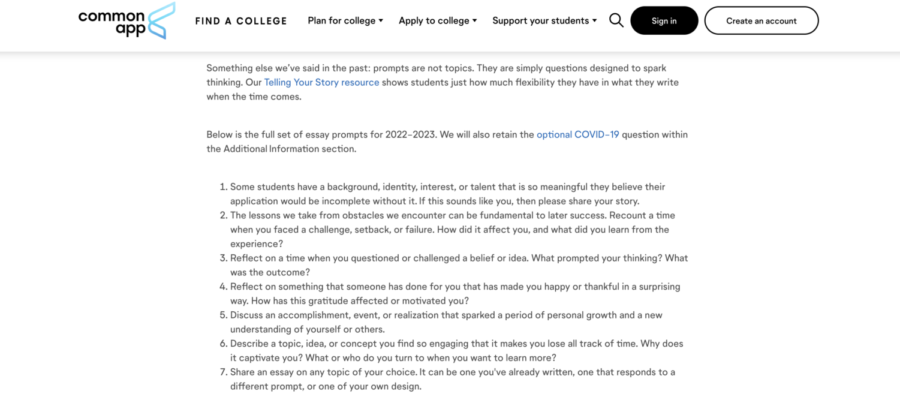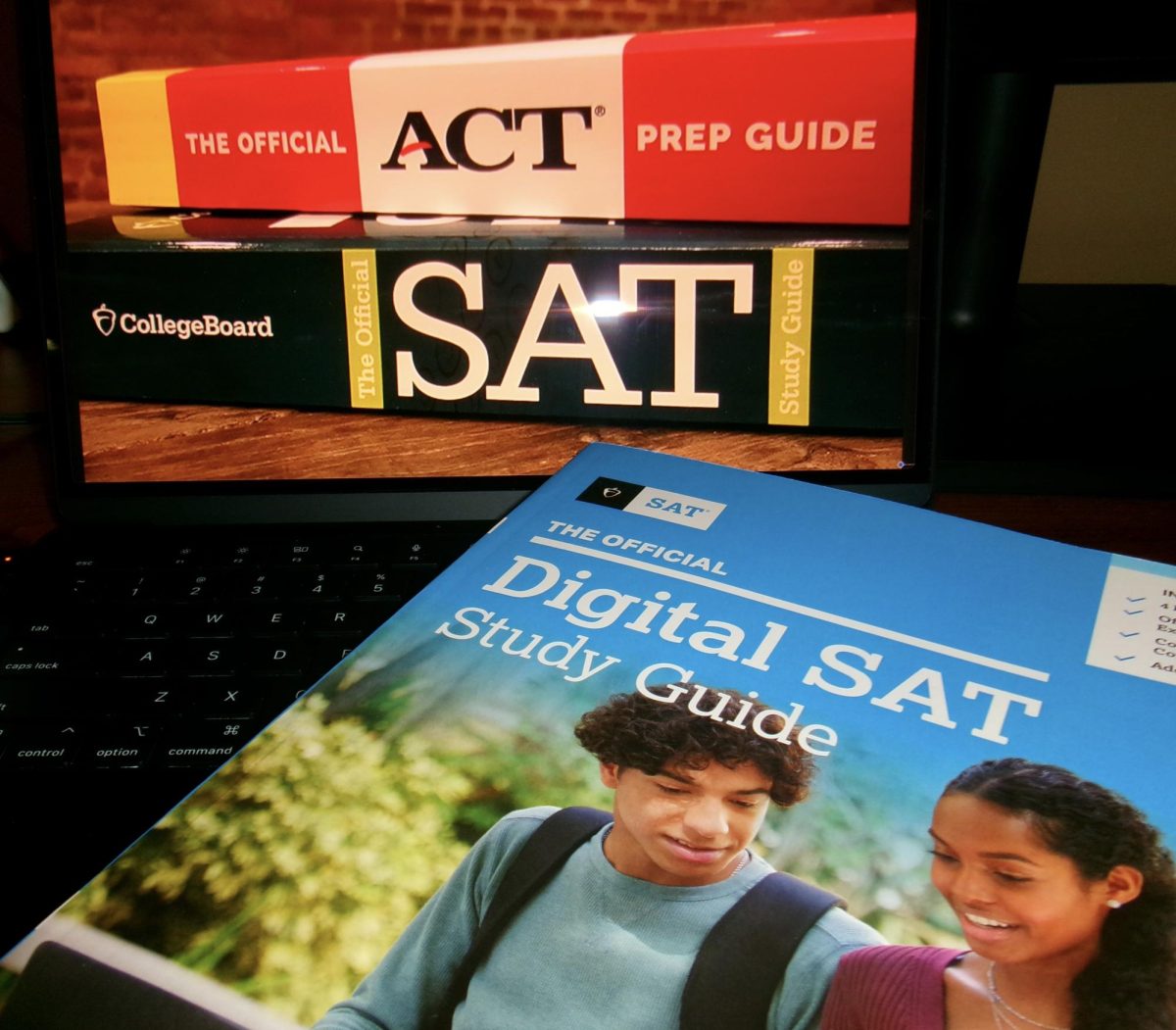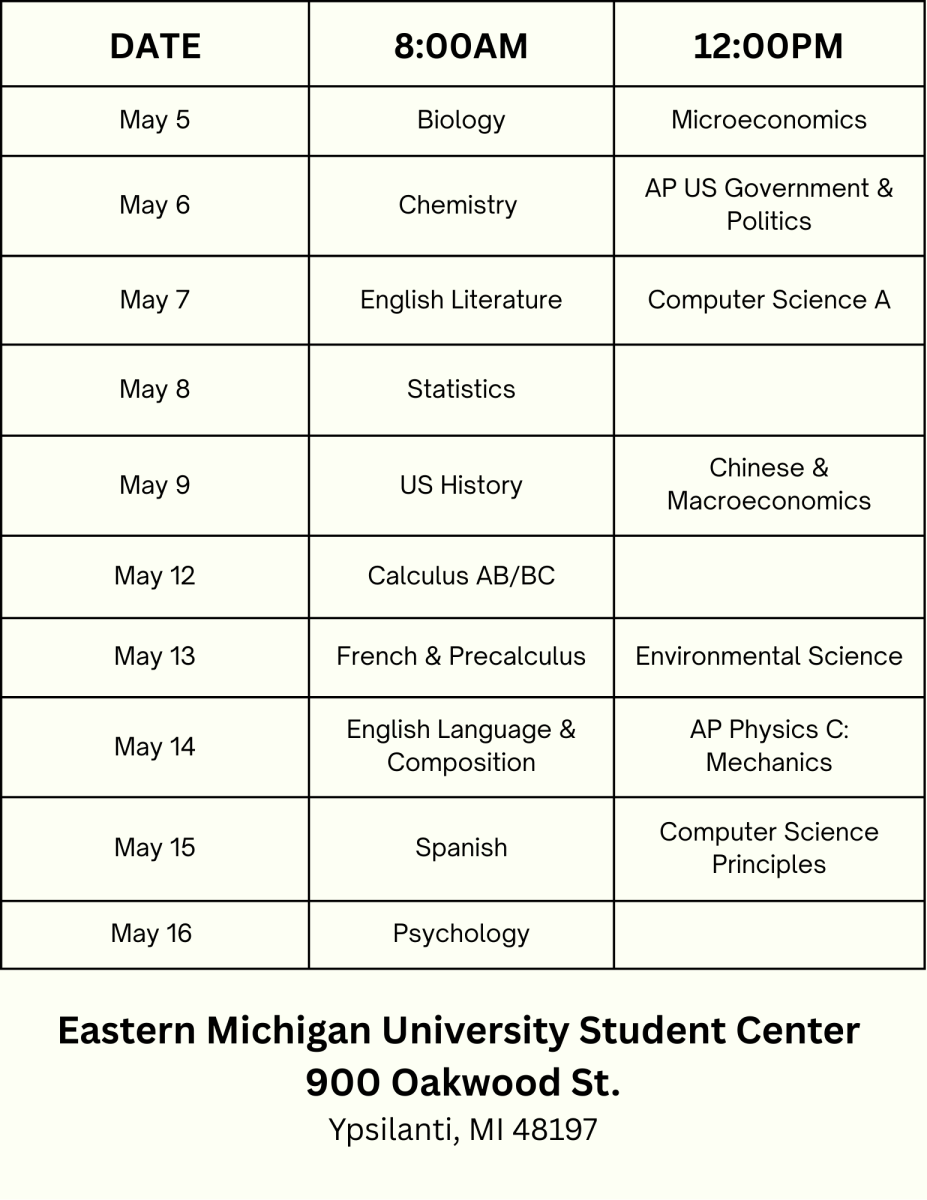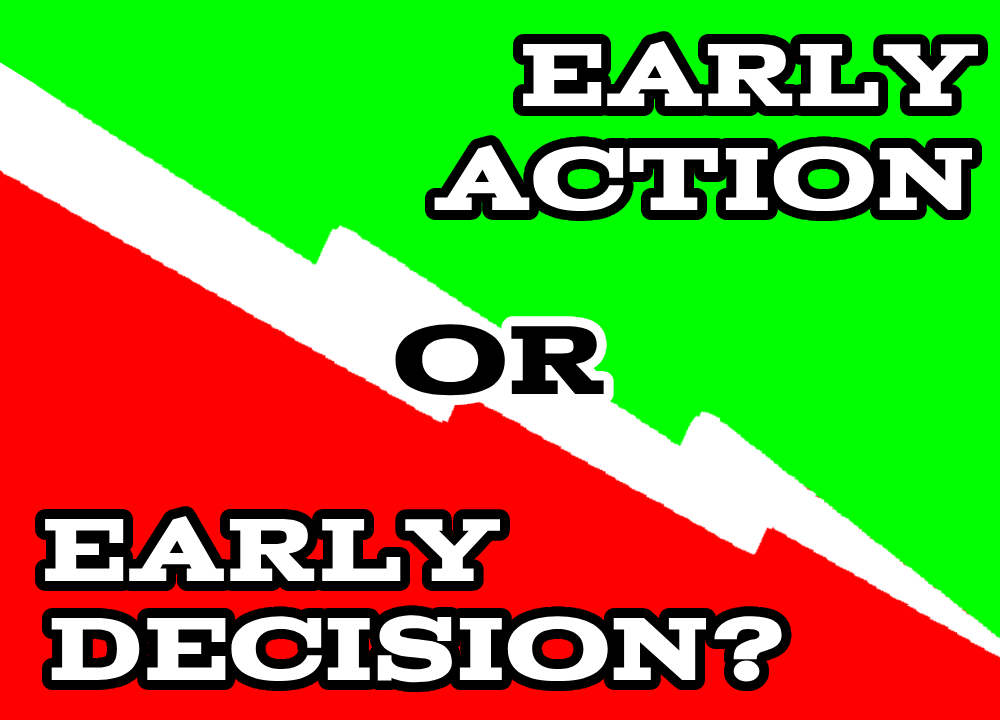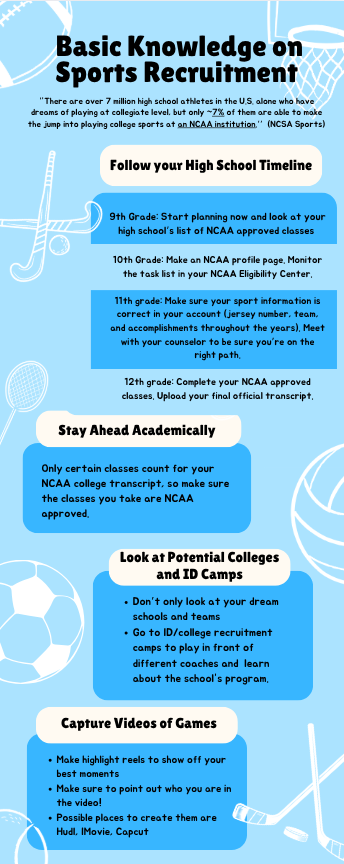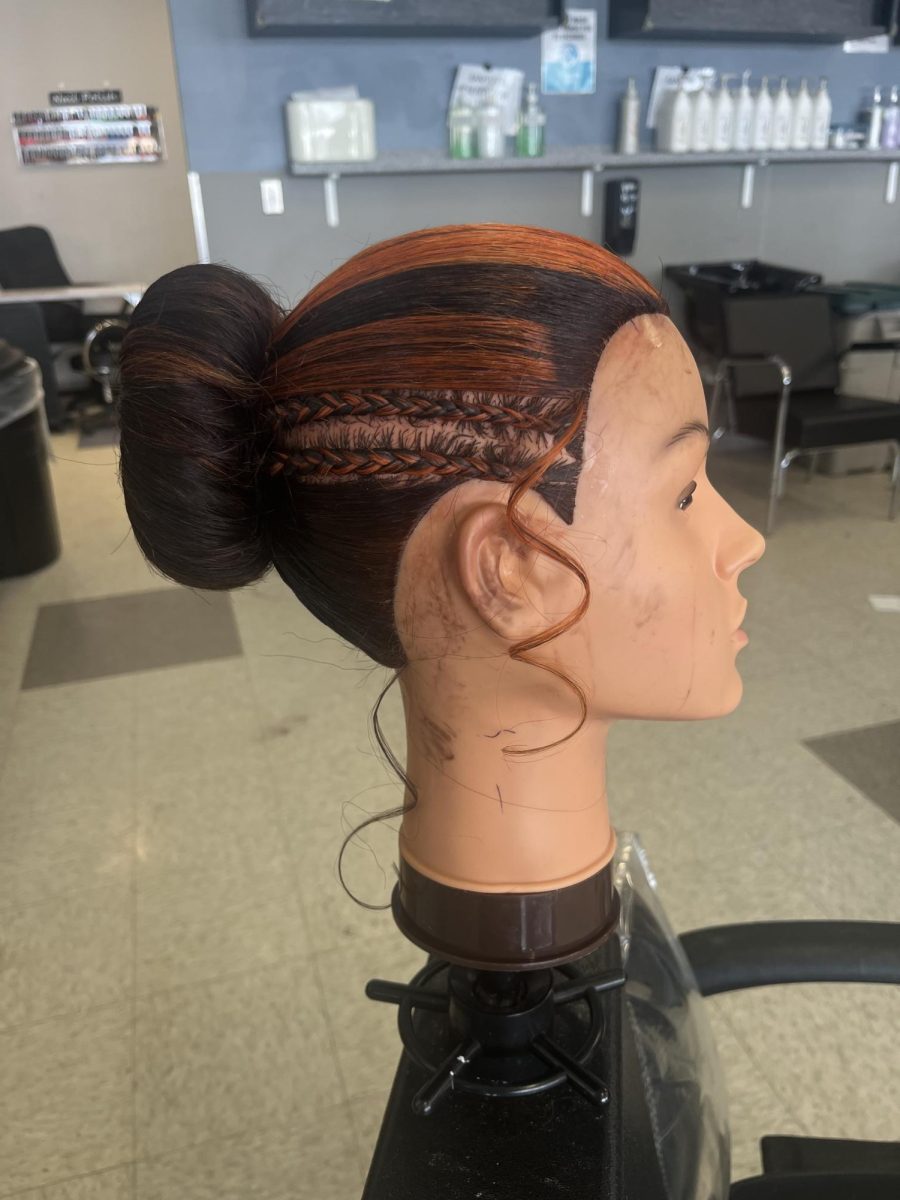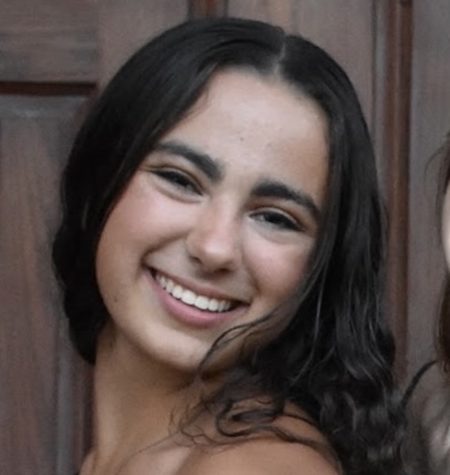Reflection
The supplemental essays required by most schools are, subjectively, one of the most difficult pieces of writing required by the college admissions process. They carry a lot of weight. They require a lot of creativity and quality, especially because you are placed into a pool of applicants where every single one is as good as the next.
A simple “Why us?” question versus a thought provoking “What is your favorite word and why” are both hard questions to answer.
The “Why us” prompt is quintessential when applying to schools. It not only asks why the school is a good fit for you, but why you are a good fit for the school. The way I attacked a lot of these essay prompts was through their notable alumni. A simple Google search led me to alumni that the school is most proud of, which demonstrated what qualities and achievements they valued. I would then go on to say why I want to be like the alum, why I want to achieve what the alum achieved, etc. Another avenue I took was through their school motto. “Cura personalis,” one of Georgetown’s mottos, which means care of the whole person, was an angle I took in their supplemental essays. I looked at myself and Georgetown in a holistic sense and emphasized how my impact on the world would be as well-rounded I would be, if I went to Georgetown.
The most important part of writing supplemental essays is coming up with something that would be impossible for admissions officers to know from your simple, black and white résumé, and showing something extremely colorful and unforeseen. This allows you to show how special you are and what shifts your gears into drive.
The more unique essay prompts, like University of Virginia’s “What’s your favorite word and why?” or Duke’s “Who is your favorite conversation partner and why?” or University of North Carolina’s “How does history shape who you are?” were some of my favorite essays to write. These prompts allowed me to show my specialties and views on life that I thought made me stand out. I thought about a common thread I could pull through all of my essays. For me, this was my connection to the German side of my family. This was relatively simple, as I am fluent in German, spent my sophomore year studying abroad in Germany, did a plastic surgery internship in Germany, and much more. This all allowed me to find a shared vein in everything I did and connect it to what I want to do in the future.
University of Michigan
PROMPT: DESCRIBE THE UNIQUE QUALITIES THAT ATTRACT YOU TO THE SPECIFIC UNDERGRADUATE COLLEGE OR SCHOOL TO WHICH YOU ARE APPLY AT UMICH. HOW WOULD THAT CURRICULUM SUPPORT YOUR INTERESTS? (550 words)
Growing up in Ann Arbor, the University of Michigan is a sort of sacred being. Game days, the block M, and squirrels in the diag are all a part of me. In middle school, when the coolest thing was going downtown to be among the college students, I would side step around the M just to make sure I didn’t preemptively fumble anything. When I head to my favorite study spot in Hatcher, I see student-athletes head into the kinesiology building, and I always try to guess which sport they play.
I have always wanted to leave my mark on the world. Sadly, getting kicked out of choir in the fifth grade due to my poor singing dashed the performing arts track. I had always had an interest in medicine, and a program this summer cemented my college plans. During my internship, breast reconstructions, skin grafts, and muscle transplants filled my days. Using surgical robots, the doctors attached fatty tissue from the stomach to the breast, connecting blood vessels together. Before every surgery, I would research the condition and techniques, memorize all the tools needed, and I became enthralled in the science behind them. I was captivated by the intricacies of the human body, where the cascading effect of seemingly small actions influence the whole body. I discovered my fascination with biology, and it’s led me to want my small actions to impact a whole community. The constant learning, human connections, and ability to innovate with other great minds enraptured me. Attending the college of Language, Science, and Arts with a major in biology will give me the tools necessary to change the lives of many.
Breaking new ground within the scientific community and broadening horizons of the large community with those in LSA excites me. At the forefront of many researched-based innovations, Michigan utilizes top of the line laboratories, vast libraries, and professors who go above and beyond, to uncover the unknown. Working side-by-side with like-minded, community driven individuals, who are dedicated to solving societal, environmental, and economic issues through science thrills me. A major in biology will allow me to pursue a career in medicine, connect to and aid those in need, and begin a path towards impactful research.
Engaging in an evolutionary genetics and genomics research program with Dr. Green will give me the understanding of small spectrum biological organization and how it translates onto cells, organisms, and populations. Through his work, I will learn new critical thinking methods, small-to-big picture investigation, and practice through application. The University of Michigan prioritizes pioneering, and I cannot wait to be an integral part in the building of the future.
The work of the Developing Future Biologists club in peer mentoring and public outreach, breaks down barriers present in the community. Science and its phenomena deserve to be shared. Their short courses are designed for undergraduates, providing students with hands-on lab experience and student-mentors with teaching opportunities.
By attending the college of Language, Science, and Arts, I hope to always engage in exploration, collaborate with peers, and assist others with my knowledge gained at UofM. I see myself as a Wolverine, where, ultimately, I will learn to impact the lives of others and enact positive change.
University of North Carolina – Chapel Hill
PROMPT: HOW DOES HISTORY SHAPE WHO YOU ARE (200-250 words)
The ancient Egyptians provided the basis for modern day society, with inventing writing, ink, calendars, toothpaste, and critical advancements in medicine. Industrial to modern age German inventors created nuclear fission, automobiles, bacteriology, the printing press, the first fully functional computer, and even jeans. In the past 50 years, American innovators have produced the video game console, MRI’s, digital cameras, 3D printing, and email. Spanning from thousands of years ago to today, where we prepare for a post-modern world, my own cultural history has provided me with a wealth of inspiration. Coursing through my blood is a treasure trove of rich scientific discoveries that fuel my curiosity. Curiosity drives research, and research drives innovation. Innovating minimally invasive surgical methods, new space exploration methodology, or perhaps a reinvented pair of jeans, we are headed towards a somewhat scary unknown, yet somehow I still feel prepared. Backed through centuries of powerful and knowledgeable authors, researchers, artists, even farmers, I stand, ready through my ancestry. My German heritage shapes me to be analytical. My Egyptian heritage shapes me to defy odds. My American heritage shapes me to persevere. Combined, I see my intrinsic drive, interest, and stability equipped to delve into the forays that science provides for us.
University of Notre Dame
PROMPT: WHAT EXCITES YOU ABOUT ATTENDING NOTRE DAME? (200 words)
Charles Pell: a scientist, TedMed Speaker, entrepreneur, inventor, and Notre Dame graduate who is providing the basis for the future of surgical tools. Pell designs minimally-invasive instruments, powered by robots, that have revolutionized cracking rib cages, minimizing the pain of the procedure. Additionally, Pell has co-founded a research institution and bio-design studio, directed a firm that designed robotic dinosaurs, and volunteered at many museums. This perfect harmony between entrepreneurship, medicine, and service, exhilarates me. Through majoring in biological sciences at Notre Dame’s College of Science, and a minor in finance at the Mendoza College of Business, a world filled with opportunities arises. A world connected through analytical thinking taught by Professor Golez in Options and Futures of Finance, preparing me for employment in a business setting. A business setting focusing on immunology perhaps, where a newly developed vaccine for Yellow Fever, currently endemic in 20 countries, will be distributed fairly and equitably. The current norm in medicine is to make profit off the sick and needy, which needs to be reformed. By becoming a Leprechaun, I am excited to lead change through innovation, excellence, and curiosity.
Duke University
PROMPT: WE BELIEVE THERE IS BENEFIT IN SHARING AND SOMETIMES QUESTIONING OUR BELIEFS OR VALUES; WHO DO YOU AGREE WITH ON THE BIG THINGS, OR WHO DO YOU HAVE YOUR MOST INTERESTING DISAGREEMENTS WITH? (250 words)
My aunt hated me as soon as I came out of the womb. As a child, I couldn’t place her “why”, doing everything to fit her theorized image of me. One day it hit me; I was a spitting image of my mother, a mother whose wedding my aunt walked out of in tears. My aunt blamed my mom, and subsequently me, for taking my father away from their family. We were outsiders, with dark curly hair, deep skin, and foreign features. So when I was 14 years old living with my aunt in Germany for the summer, I was terrified of constantly being crucified for something uncontrollable, and I was. Slowly, however, with limited companionship abroad, my aunt became my conversation partner. We wouldn’t agree on anything though; politics, how to load the dishwasher, cultural differences, history, and more. She always brought up points I hadn’t considered, provoking critical analysis of my thought process. Through these disagreements, I learned how to embrace dissonance, and that at our cores, we weren’t so much different.
We found common ground on universal healthcare, but disagreed on how to distribute it. I thought that bowls went on the top rack, but she thought they belonged on the bottom. At the end of the summer, we had changed our minds, and my aunt saw me as more than a look-alike of my mother. To this day, she remains my favorite conversationalist, where we both enter a conversation with an open mind.
University of Texas -Austin
PROMPT: WHY ARE YOU INTERESTED IN THE MAJOR YOU INDICATED AS YOUR FIRST-CHOICE MAJOR? (250-300 words)
I nervously squeaked along the sterile hospital hallway in my new white tennis shoes looking for Dr. Werdin’s office. I had organized an internship with the plastic surgeon, but had no idea what he looked like. Luckily, he found me and we were off.
We knocked on a door, where behind it lay a man with dementia, no legs, suffering from decubitus. As soon as we walked into the room, the pungent smell of rotting flesh hit me like a truck. Thankfully, the patient made a full recovery, and we became friends. He forgot who I was at times, yelling when I changed his bandages, but other days we provided each other with company and stories, with his companionship helping me feel at home in an unfamiliar environment. I studied his disease for days, and when it came time to operate, I was invited to scrub in.
Throughout my internship I scrubbed in on four surgeries and observed more than thirty. Breast reconstructions, skin grafts, and muscle transplants filled my days. I will never forget the first time I saw an anastomosis being performed. Using a surgical robot, Dr. Werdin attached fatty tissue from the stomach to the breast, connecting blood vessels together. The complicated surgical procedure, when only 100 years ago insulin was introduced to modern medicine, made me want to become a part of the rapid innovation taking place today. Before every surgery, I would research the condition and techniques, memorize all the tools needed, and I became enthralled in the science behind them. I was captivated by the intricacies of the human body, where the cascading effect of seemingly small actions influence the whole body. I discovered my fascination with biology, and it’s led me to want my small actions to impact a whole community.

